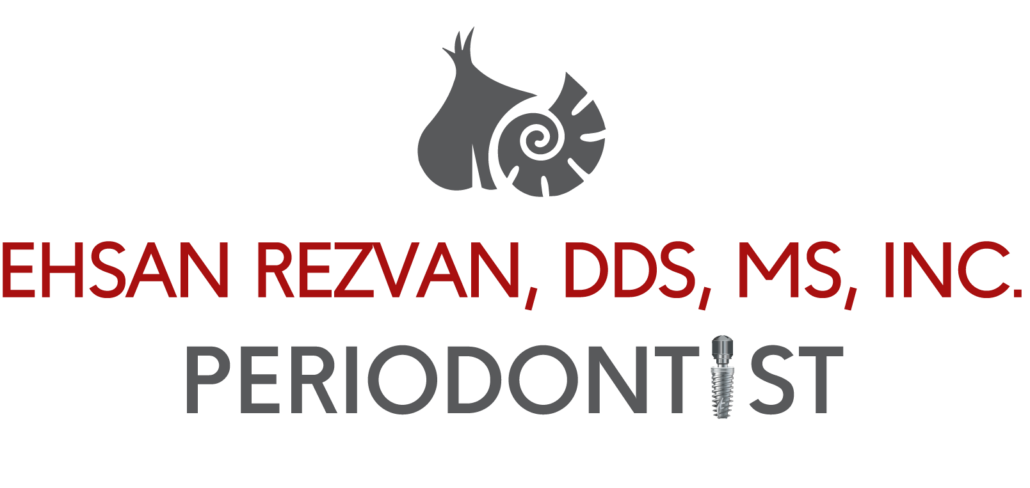Fluctuations in hormonal levels occur during puberty, pregnancy and menopause, and affect tissue throughout the body, including the mouth. As a woman’s body undergoes the following changes, it’s important to keep an eye on the oral region, as the chance of contracting periodontal disease may increase.
The increase in hormones produced during puberty also increases gum sensitivity and leads to greater irritation from plaque and food particles. This may cause gums to become swollen, red, and tender.
Menstruation
Several days before menstruation, bleeding of the gums, swelling between the teeth and gum, or sores on the inside of the cheek may occur, but typically clear up once the cycle begins.
Pregnancy
Periodontal health practices should be a part of every woman’s prenatal care routine, as oral infections during pregnancy can be a danger to the baby’s health. Between the second and eighth month of a pregnancy, gums may experience swelling, bleeding, and tenderness. Large lumps, though painless and harmless, may appear as a reaction to local irritants, but usually disappear after delivery. To learn more about prevention and care, see the “Pregnancy and Periodontal Disease” tab in the “Mouth-Body Connection” section of our website.
Oral Contraceptives
The gums may experience swelling, bleeding, and tenderness when you are taking oral contraceptives. It’s important to mention any prescriptions you are taking prior to any medical or dental treatment to help eliminate the risk of drug interactions, such as antibiotics with oral contraceptives, as the antibiotic lessens the effectiveness of the contraceptive.
Menopause
If you are menopausal or postmenopausal, changes in the look and feel of your mouth may occur, including pain and burning in your gum tissue, salty/peppery/sour tastes, and “dry mouth.” Saliva substitutes, thorough daily oral hygiene, and professional cleaning may relieve these symptoms.

